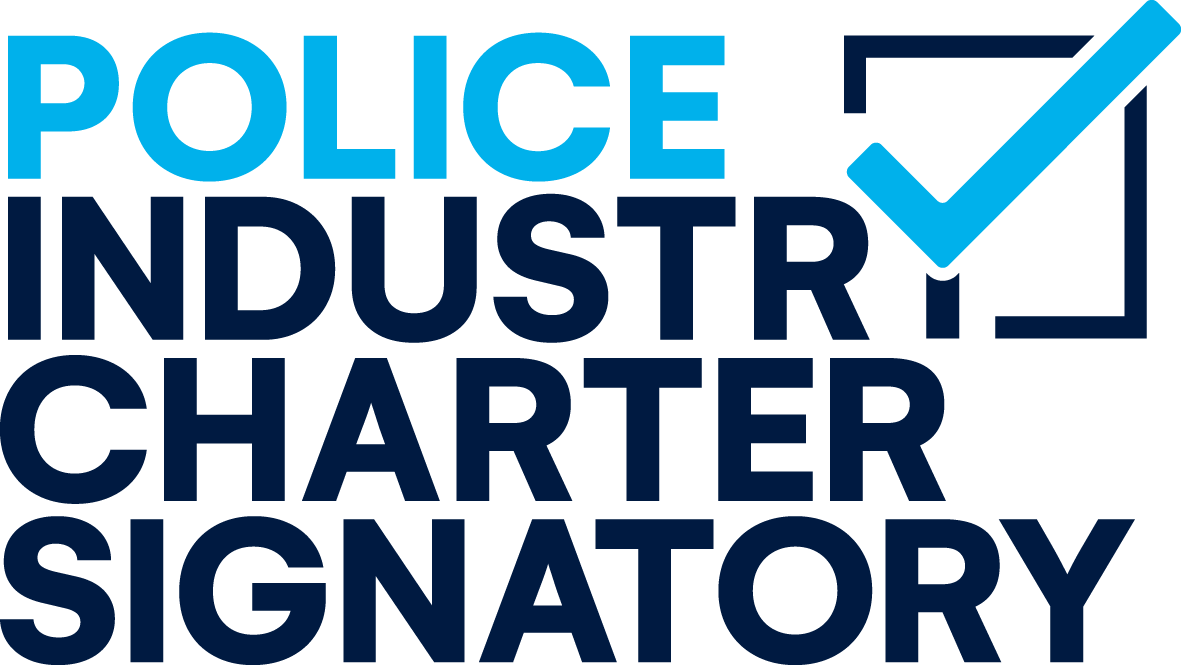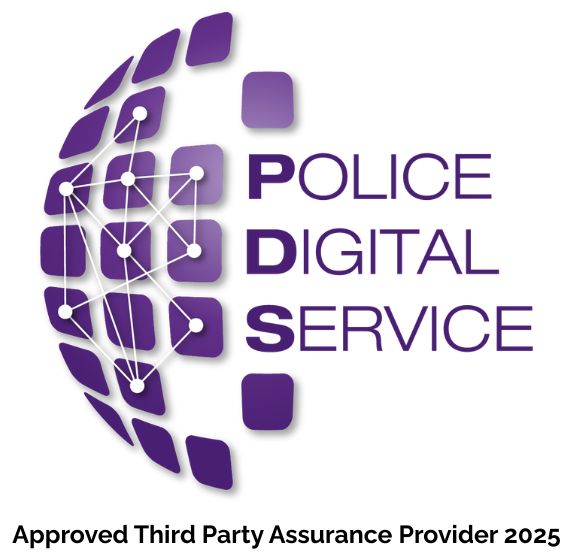
Security Hints & Tips
Employees work with company information on a daily basis and can be the first line of defence, when working remotely or with customers and clients at their sites. However, we all have a responsibility in maintaining safe and secure working practices and procedures.
When we work in an office environment, we work side by side with colleagues and this can help to provide focus and reinforce our security awareness. However, in this current climate, when working remotely, we lose that daily interaction and may lose sight of the threats and scams that loom close by. It therefore becomes even more important that we remain vigilant, ensuring we take a moment to deal with potential threats or scams that may come from emails, texts or telephone calls.
Criminals are experts at impersonating people, organisations and even the police, through direct contact or via the internet. They may spend hours researching you for their scams (looking you up on social media), hoping you’ll let your guard down just for one moment…
It’s upsetting, but not surprising that scammers are using the concern of the current pandemic to increase their activity. Over the last couple of months we have seen:
- Government brands to trick people, including HMRC making spurious offers of financial support through unsolicited email, phone calls and messages.
- Mobile phone company branded scams stating failed payments, with threats of phone suspension or fines through phone messages.
- Online shopping scams where people have ordered face masks, hand sanitisers and other products which have never arrived.
These criminals are exploiting COVID-19 to scam people and this is only likely to increase. Therefore you need to be aware and prepared…
- STOP – Take a moment to stop and think before clicking on links or parting with your money, your personal or work related information.
- CHALLENGE – Could it be fake? It’s ok to reject, refuse or ignore any requests. Criminals will try to rush or panic you – don’t let them.
- PROTECT – Contact your organisation’s information security point of contact and inform your line manager if you think you’ve had an incident at work. Contact your bank or relevant providers directly if you think you’ve been the victim of scam and don’t be afraid to call 101 or use an online crime reporting tool on your Force’s website to report it to the police.
Look after yourselves, your friends and your family members and stay safe.
You can find more information on fraud, tricks and scams on the www.gov.uk website, and guidance on online safety during COVID-19 at www.nationalcrimeagency.gov.uk.
Recent Posts
Online learning has become increasingly popular in recent years, completely transforming education and teaching. Traditional in-person teaching methods are no [...]
In the complex modern workplace, one often-overlooked aspect that weaves its way into everyday decisions is unconscious bias. Like a [...]
How can businesses preserve cybersecurity where constant digital evolution, and utilising new technologies, is the key to staying competitive? As [...]















